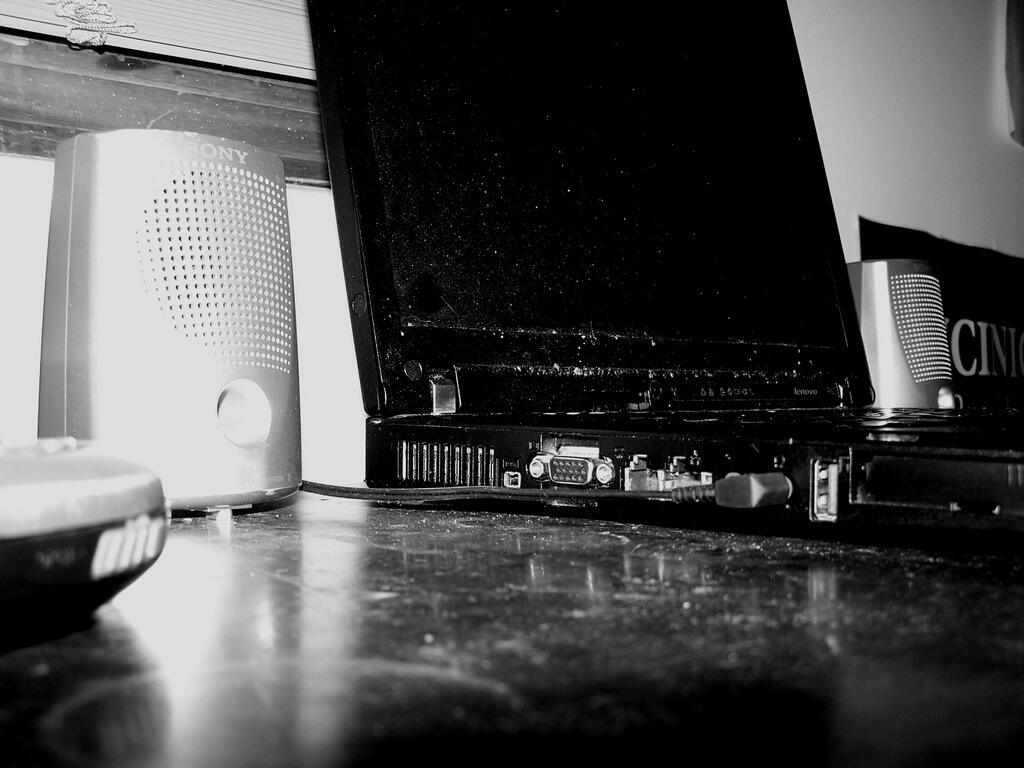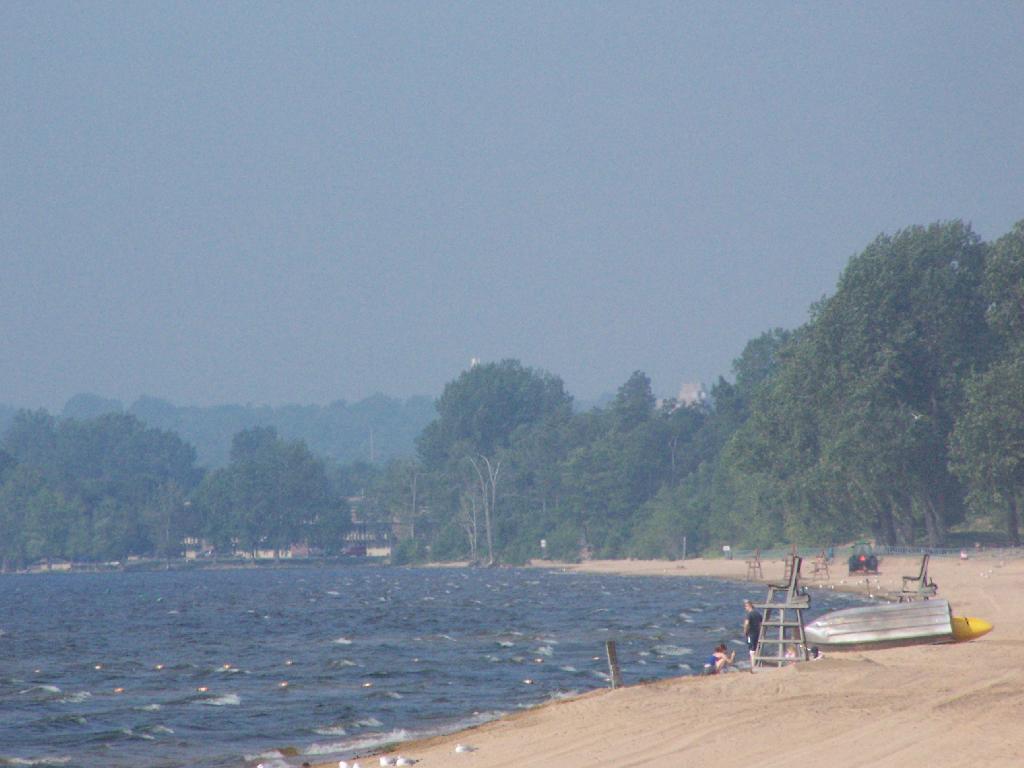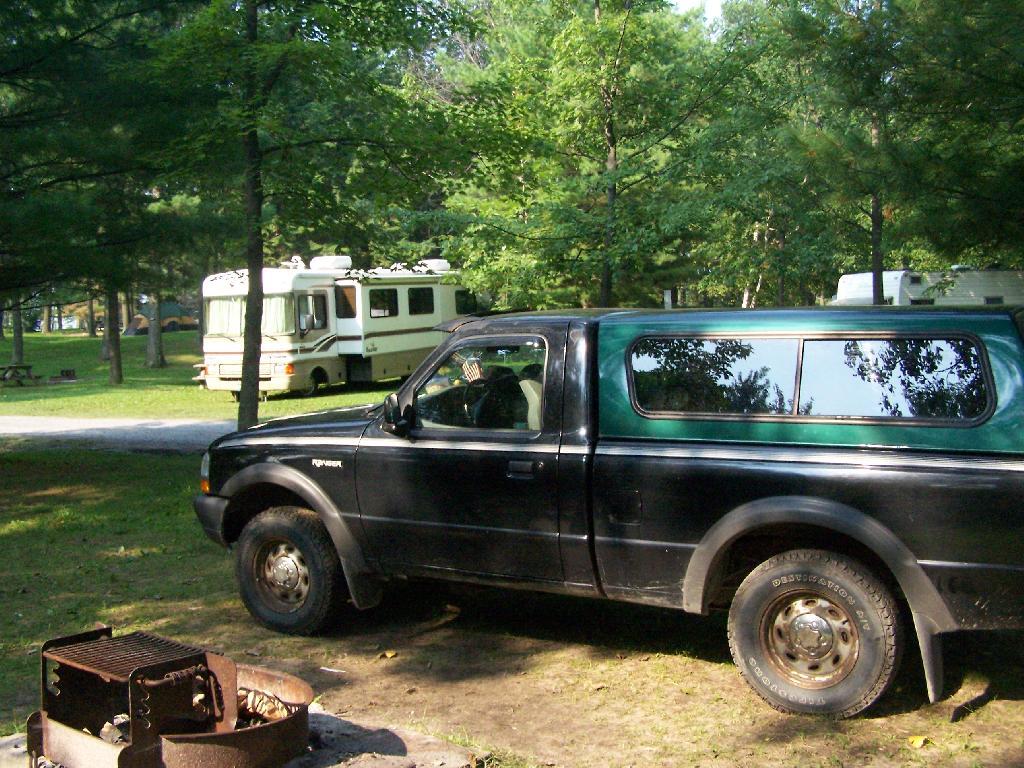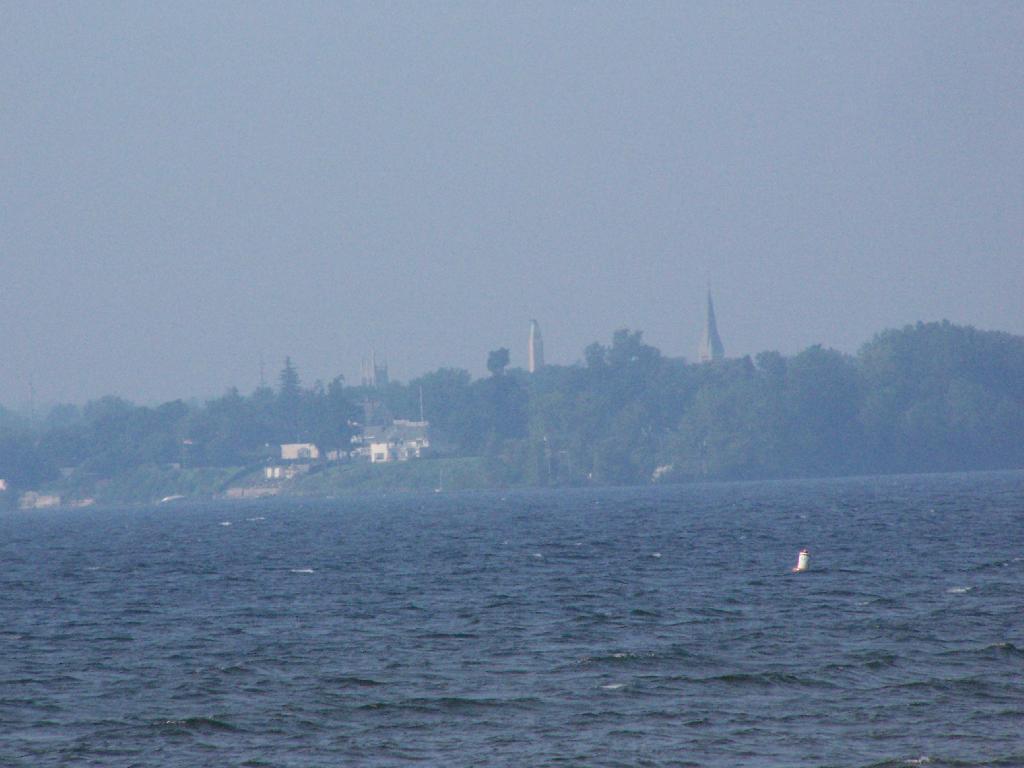A colleague of mine recommended I take a look at Thomas Friedman’s book on globalization called, The World is Flat. Admittedly, reading the first few chapters of his book I was quite cynical. I felt that Friedman was overly obsessed with the promise of high technology, and ignorant of the hard material realities of our lives made out of silage, corn, cattle, concrete, steel, coal, and oil.
Friedman didn’t even mention such things until later chapters of his book in passing. His version of globalization entirely focused on information as being the ultimate resource that people cared about. The quick and innovative ways of moving information is what is flattening the world and making it more equal. Friedman attributes more and more of our lives to the quick movement of information across our globe, and the ability collaborate on information intensive tasks.
Friedman is right in noting how information technology is changing our lives and the way products are moved around our country. There is little guess work on how much of a product is needed any more nor where any product is at any one time. This means less wastage and more predictability. Supply chains can be globalized and efficient in cases where this makes sense such as limited resources of certain natural resources in certain areas. It also means outsourcing and global collaboration.
There is no reason why certain tasks that can be easily put into electronic format must be done in house or down the street anymore. As Friedman notes, with the Internet there is no difference between data transmitted from across the street or information transmitted from across the world. And unbeknown to many Americans, millions of Chinese and Indians are coming to age, and getting the knowledge needed to preform these tasks. There literally will be hundreds of millions of Chinese and Indians who have grown up in the Internet age and will be able to do many of the tasks Americans might otherwise do.
Global collaboration is an exciting possibility. We should be tapping into the knowledge and unique experience of all of what the world has to offer to us. With inexpensive fiber optic technology being able to transmit information worldwide at minimal cost, it can bring a lot of information to us virtually for free. This is much different then just a generation ago when making a long distance phone call across the United States was an expensive luxury. There is a lot fewer limitations on the movement on information but not necessarily product, especially in an era of high oil prices.
At the same time, those hundreds of millions of Chinese and Indians will be able to tap into American products and services that might otherwise unavailable in their country. Specialties that Americans develop and refine, and take advantage of our unique culture, that can be transmitted over the Internet may someday be very valuable in an increasingly globalized world. Friedman argues that our culture and education must be changed to adopt the folkways of globalization.
I disagree. People should learn to embrace other cultures and understand their differences. Societies that choose to engage or partake in a specific activity should not be penalized for being uneconomic. There are many reasons why peoples are across do things differently from belief to compatibility with varying environmental factors where people live. There need not be any forced culture.
As a whole Friedman makes some interesting points but puts too much faith in technology. Technology is not energy and technology does not feed or cloth us. The best computer program in the world won’t fix the worlds problems and our lives can not be digitized and sent over a fiber-optic cable. Energy comes from coal or oil, and is a finite resource that comes under increased demand as China and India comes to age.





